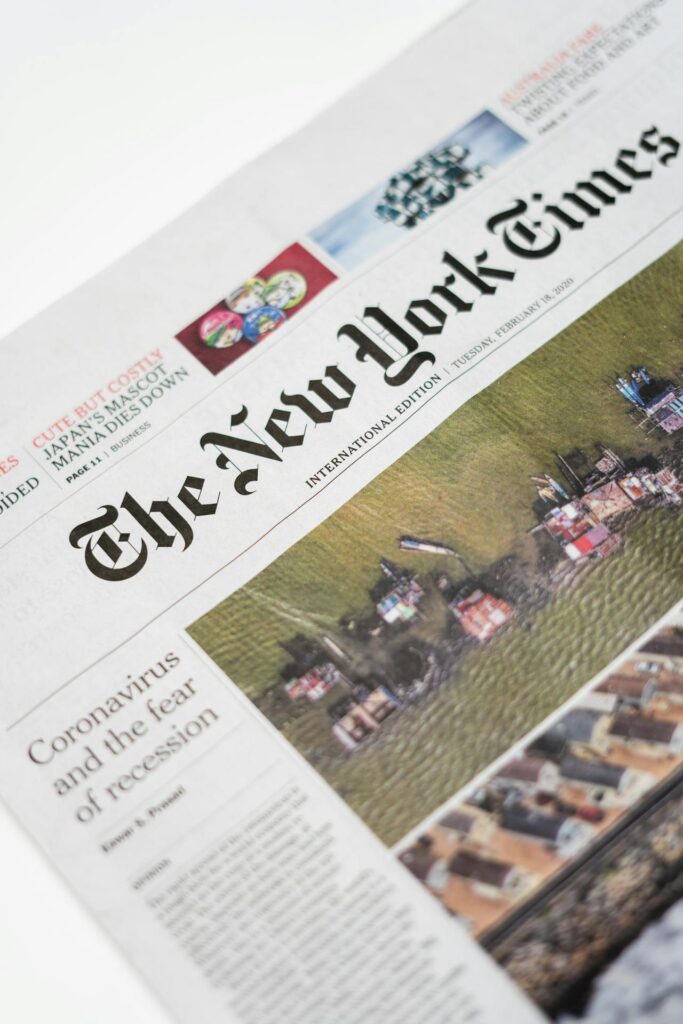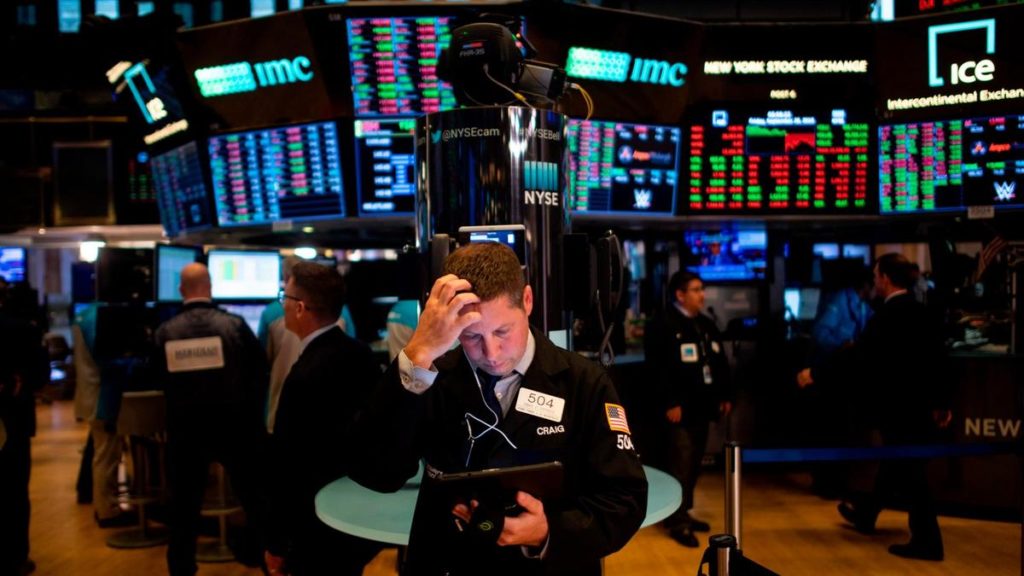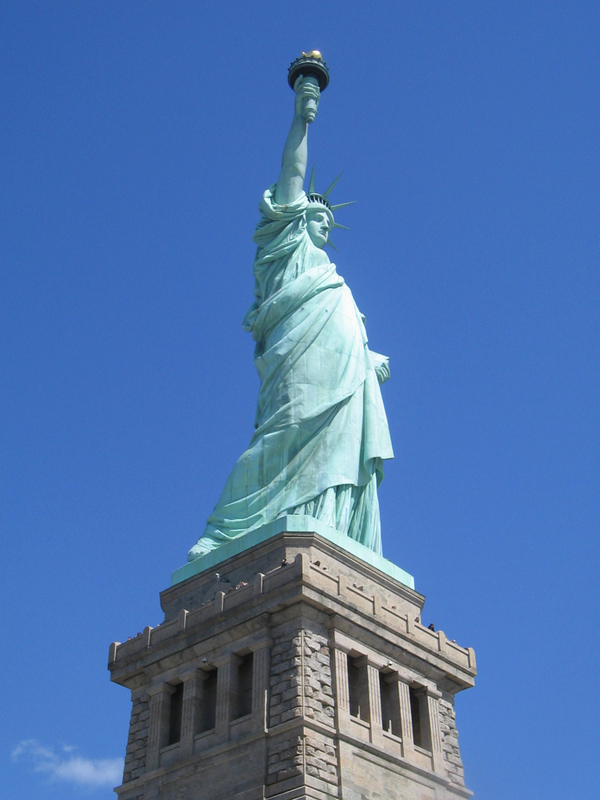April 20, 2020 By TheNewYorkNews
It’s Recession! Virus crisis is similar but worse than 2008 meltdown
Financial markets are showing signs of a post-Lehman funk.
Fears of a virus-induced global recession have caused investors to dump risky assets. The VIX volatility index, Wall Street’s so-called “fear gauge”, has reached levels last seen in the autumn of 2008. Trading in U.S. Treasury bonds, widely perceived as the world’s safest financial asset, broke down last week. Central banks are also slashing interest rates, pledging to buy bonds, and activating emergency dollar funding lines, just as they did during the last financial crisis.
Funding costs for companies are soaring, creating risks of a self-fulfilling spiral of defaults.
The iTraxx Europe Crossover index, which includes credit default swaps on sub-investment grade companies, has more than trebled to over 600 basis points – in line with Sept. 15 2008, the day Lehman filed for bankruptcy. UBS analysts expect global growth to decline to just 0.8% this year in the case of a global pandemic.
The virus crisis will not be a repeat of the last global meltdown in 2008, but will hurt in new ways.
Travel bans, quarantines and the closure of restaurants and shops in western countries have raised fears of a self-fulfilling credit squeeze like the one that followed the collapse of Lehman Brothers almost 12 years ago. Healthier banks give reasons for hope.

Yet companies are more vulnerable, and governments less joined-up.
Today banks are safer. Their common equity Tier 1 capital ratios have more than doubled, according to the Financial Stability Board. Lenders have reined in proprietary trading and have less exposure to hedge funds. That means they are less likely to curtail lending. Indeed, authorities are using banks’ excess capital to help cushion the shock. The U.S. Federal Reserve, the Bank of England and European Central Bank will all allow lenders to dip into existing buffers.
But while banks are healthier, companies are weaker.
A decade of low interest rates and bond-buying by central banks has encouraged many large corporations to crank up leverage. Analysts at Société Générale reckon that U.S. companies with investment-grade ratings have pushed debt to around 40% of assets, higher than during the 2009 recession, or the aftermath of the internet bubble in 2002. Analysts at Bank of America Merrill Lynch reckon that around 8% of the constituents of the STOXX 600 index of European companies do not earn enough operating profit to cover their interest bill.
Companies are therefore ill-prepared to absorb the economic shock caused by the virus.
As activity grinds to a halt, fragile businesses will be under pressure to rein in spending and cut costs. While banks can provide some flexibility on lending, companies that depend on the bond market for funding have less ability to quickly renegotiate payments.
The structure of financial markets has also changed.
There are fewer highly leveraged funds than in 2008, and short-term money market funds are less exposed to risky credit instruments. Yet other fragilities have built up. Much of the risk associated with corporate debt has ended up in funds that allow investors to withdraw their cash quickly. Those funds then have to dump less liquid assets in order to repay their investors. Many exchange-traded funds have been trading at prices below the value of their assets – a clear sign of market stress.

These funds can be forced to shut down when too many of their assets are downgraded.
Corporate bond markets are also arguably more dependent on credit ratings than during the last global crisis.
CreditSights reckons that companies rated BBB now account for half of U.S. investment-grade debt indexes. The risk is that as those companies are downgraded to “junk” status, funds that follow those benchmarks will be forced to sell. Collateralised loan obligations, which hold over $820 billion of loans to private equity-owned companies, are another new area of vulnerability.

Central banks, meanwhile, have less ammunition.
Official interest rates in western countries were already very low or negative when the crisis struck. It’s true that monetary authorities are more willing to consider measures, like buying corporate debt, that seemed heretical in 2008. But they cannot address the underlying problems caused by the virus.
That leaves governments, which are facing their own challenges.
In 2008, they quickly responded by pumping capital into banks and setting up lending facilities. The G20 group of leading countries then joined forces to boost growth and unblock credit. This time, governments are scrambling to provide cash to ailing businesses and consumers.
But so far there is less evidence of decisive coordinated action.
That means the 2020 crisis will be different – and possibly worse – than 2008.
Source and Author: Neil Unmack Reuters.com


COMMENTS